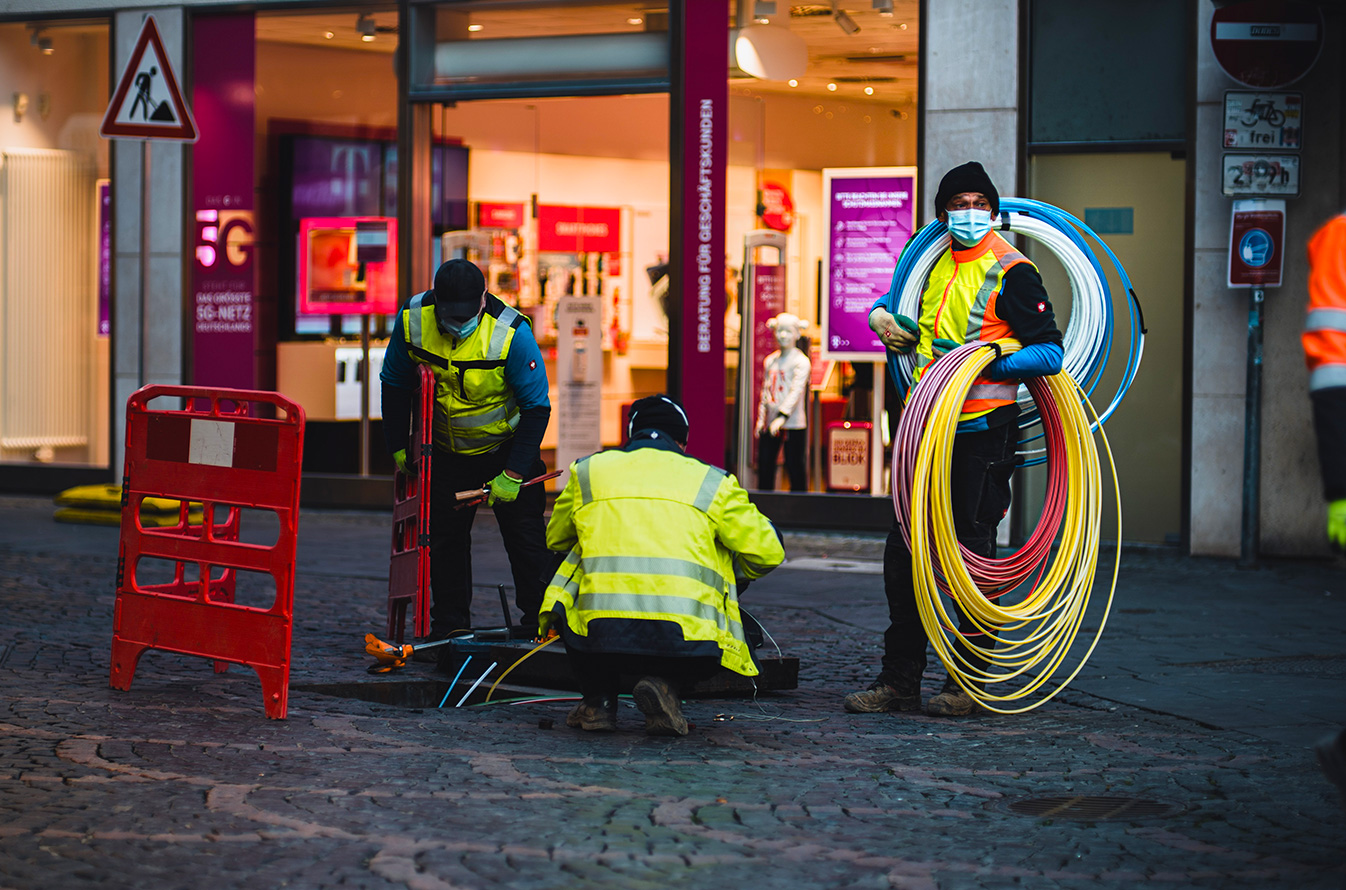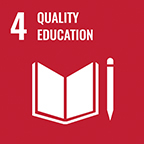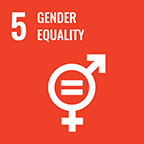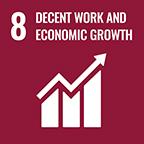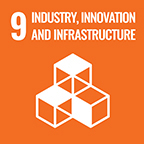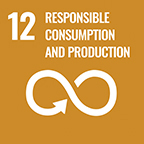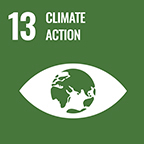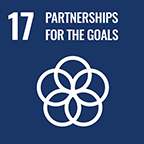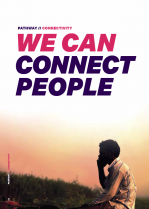UNIVERSAL ACCESS TO BROADBAND AND DIGITAL SERVICES LEAVES NO ONE BEHIND
- High-quality, reliable digital infrastructure is put in place globally. Business and government collaborate to make affordable broadband and mobile access a reality for all. Connected devices become readily available, at affordable prices, irrespective of location.
- Government and business align to address digital literacy, building skills and enhancing collaboration with the education sector.
- Connectivity and digital literacy enable individuals to use the internet responsibly and to harness its full potential. Critical services such as finance, healthcare, and education are increasingly delivered via online and mobile solutions, driving greater social and financial empowerment, poverty reduction, improved health outcomes and reduced inequality.


